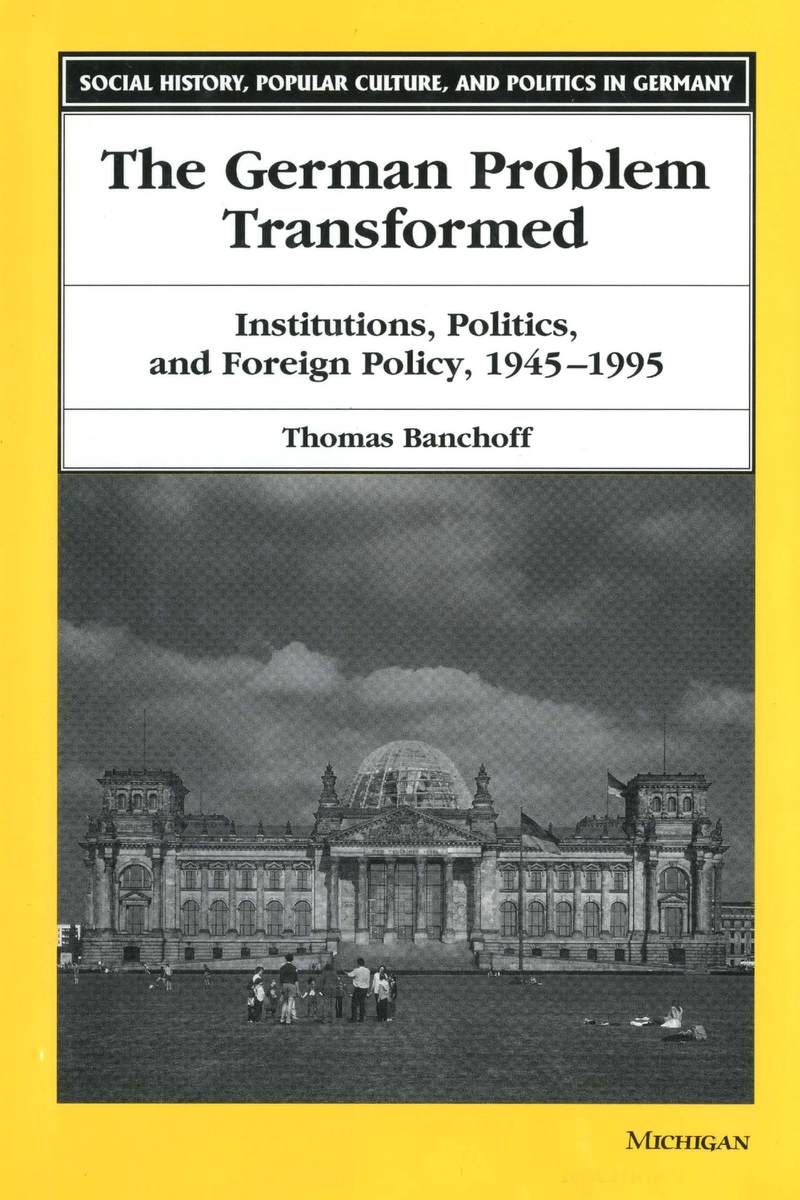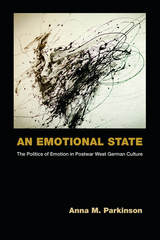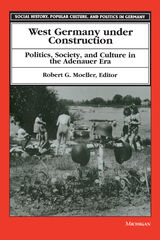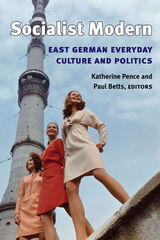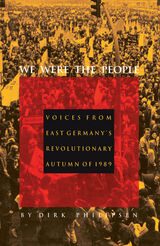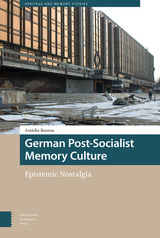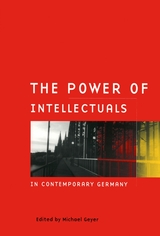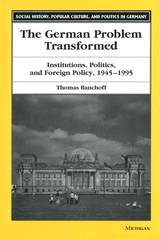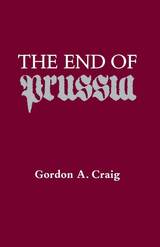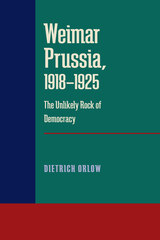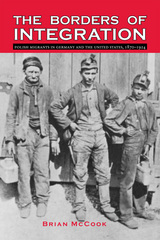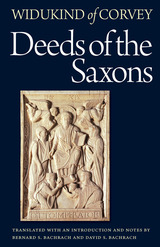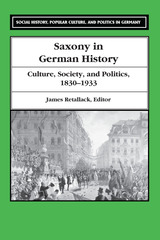The German Problem Transformed: Institutions, Politics, and Foreign Policy, 1945-1995
University of Michigan Press, 1999
eISBN: 978-0-472-02265-6 | Cloth: 978-0-472-11008-7
Library of Congress Classification DD290.29.B34 1999
Dewey Decimal Classification 327.43
eISBN: 978-0-472-02265-6 | Cloth: 978-0-472-11008-7
Library of Congress Classification DD290.29.B34 1999
Dewey Decimal Classification 327.43
ABOUT THIS BOOK | AUTHOR BIOGRAPHY | REVIEWS | TOC | REQUEST ACCESSIBLE FILE
ABOUT THIS BOOK
Does the new, more powerful Germany pose a threat to its neighbors? Does the new German Problem resemble the old? The German Problem Transformed addresses these questions fifty years after the founding of the Federal Republic and ten years after the fall of the Berlin Wall.
Many observers have underscored the reemergence of Germany as Europe's central power. After four decades of division, they contend, Germany is once again fully sovereign; without the strictures of bipolarity, its leaders are free to define and pursue national interests in East and West. From this perspective, the reunified Germany faces challenges not unlike those of its unified predecessor a century earlier.
The German Problem Transformed rejects this formulation. Thomas Banchoff acknowledges post-reunification challenges, but argues that postwar changes, not prewar analogies, best illuminate them. The book explains the transformation of German foreign policy through a structured analysis of four critical postwar junctures: the cold war of the 1950s, the détente of the 1960s and 1970s, the new cold war of the early 1980s, and the post-cold war 1990s. Each chapter examines the interaction of four factors--international structure and institutions, foreign policy ideas, and domestic politics--in driving the direction of German foreign policy at a key turning point.
This book will be of interest to scholars and students of German history, German politics, and European international relations, as well as policymakers and the interested public.
Thomas Banchoff is Assistant Professor of Government, Georgetown University.
See other books on: 1990- | Banchoff, Thomas | Europe, Eastern | Germany (West) | Institutions
See other titles from University of Michigan Press
